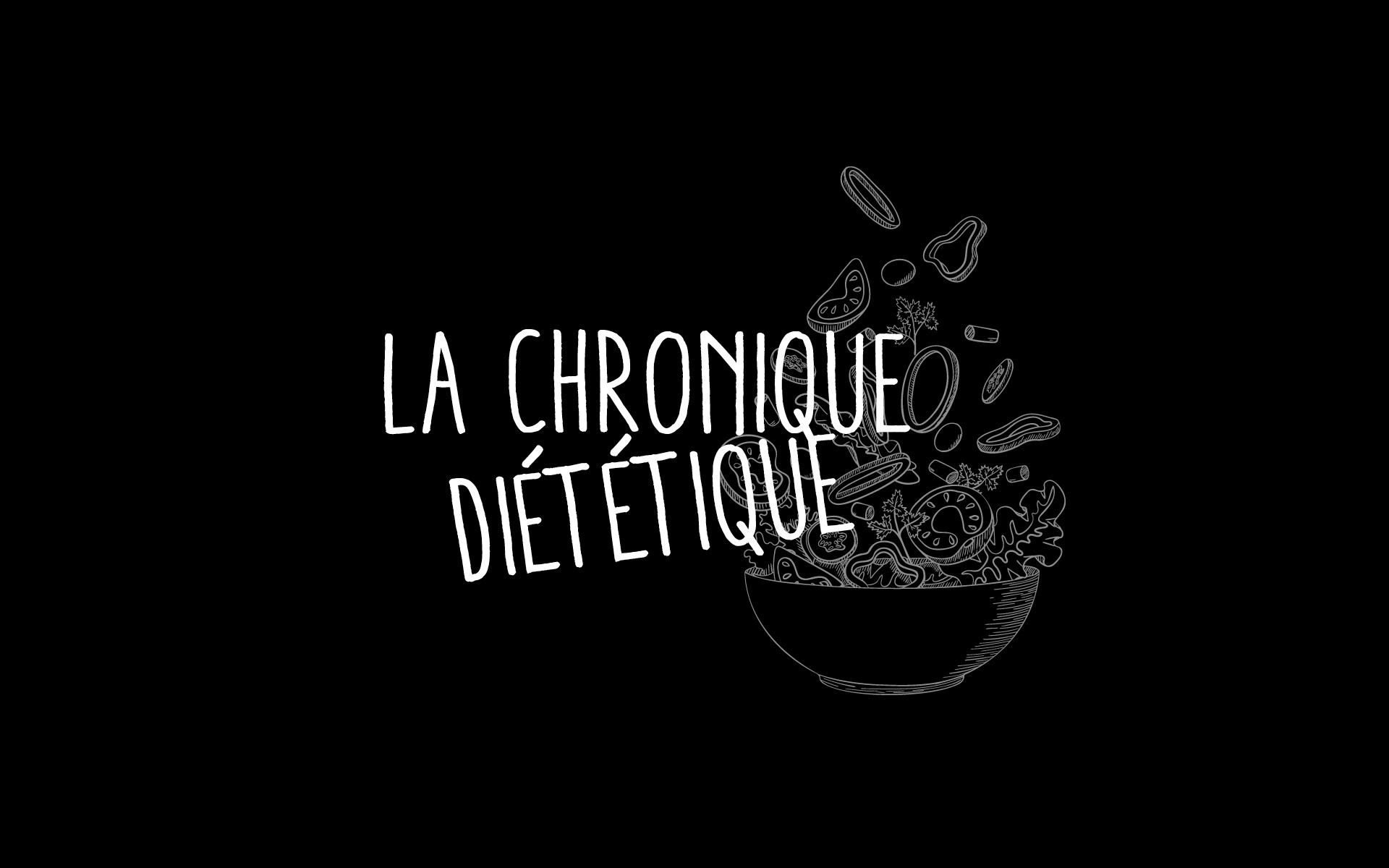
Nutrition and cognitive performance
Chronicles
Doctor in Human Movement Sciences, Mélanie and Jérôme Vaulerin from Monaco Care Concept explain the role of diet on cognitive performance.
A healthy and balanced diet helps to maintain and increase physical and intellectual capacities. Eating well would allow us to work better and would be an indicator of performance in companies. The International Labour Organisation reveals that individuals with a deficient diet or, on the contrary, one that is too rich would reduce their productivity by around 20%. Improving the diet of employees is becoming a priority for companies wishing to promote well-being and productivity gains.
Food = primary source of energy
A healthy diet is said to have benefits for mental health, and to accelerate performance at work. Indeed, the brain is the first beneficiary of energy since it absorbs about 20% of daily food intake. To improve concentration it is important to eat well. Certain foods have nutritional properties and play a central role for the body. In particular, foods rich in magnesium (bananas, dark chocolate, oleaginous fruits, quinoa) are said to help boost energy, while others rich in vitamin C (citrus fruits, berries, kiwi) limit fatigue and drowsiness. Foods containing complex carbohydrates (wholegrain cereals, potatoes or legumes) prevent the day's energy crashes and cravings. Fruit and vegetables are rich in antioxidants and prevent the onset of many diseases (cancers) by protecting the body from free radicals. Foods rich in vitamins B12 and B9 (folic acid), which are present in animal products, have positive effects on the nervous system and limit mood disorders. Finally, consuming anti-fatigue foods such as lemon, honey or spirulina would stimulate the immune system.
The impact of junk food on the brain
When we consume sweet and/or fatty products, the reward system is activated and the brain releases dopamine, which gives us a feeling of pleasure. The disadvantage is that the brain wants more and more and to achieve the same level of pleasure over time, the consumption of these products must be increased. Products containing sugar are inflammatory for the body, especially for the hippocampus. The hippocampus regulates the sensation of hunger and when it is attacked it sends hunger signals. Moreover, junk food would reduce the production of new neurons, which would increase the risk of depression, and would harm the plasticity of the brain, which is essential for learning. A diet too rich in simple carbohydrates (refined sugar) would increase the level of insulin and promote the production of serotonin and tryptophan, which play a role in the secretion of the sleep hormone. Dehydration has negative effects on cognitive functions such as memory, attention and mood alteration. However, the negative effects of junk food can be reversed. In the context of work, it is important to limit these behaviours in order to be efficient and productive.
What to do in practice?
- Eat fruit (maximum 2 per day) and vegetables every day,
- Favour foods rich in magnesium and vitamins C, B12 and B9,
- Eat foods containing complex carbohydrates (pasta, rice, potatoes, legumes) and limit those containing simple sugars (cakes, sweets, sodas, pastries, etc.),
- Drink water throughout the day to stay alert, vigilant and increase concentration,
- Drinking plain coffee or tea (in limited quantities and without added sugar) is beneficial for concentration,
- Regular physical activity is associated with successful ageing and helps prevent age-related functional and cognitive decline, but also increases neural plasticity,
- Have a healthy snack either in the morning between 10 and 11 am or in the afternoon between 3:30 and 4:30 pm, the time when intellectual performance is at its peak.